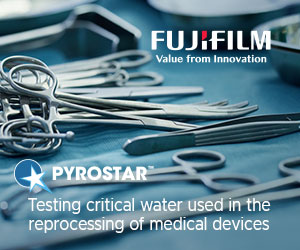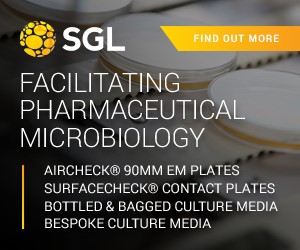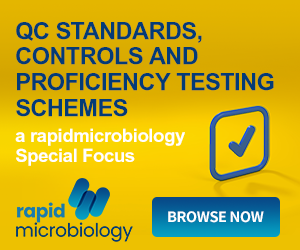Lab M Broth Lights up E. coli in Milk
| | With routine testing of milk and milk products vital to ensuring consumer safety and product quality, detecting potential pathogens as quickly and easily as possible is of paramount importance. The ability to enumerate presumptive E. coli from presumptive coliforms, for instance, rapidly flags up any contamination problems. Lab M's Modified Lauryl Sulphate Tryptose Broth with MUG & Tryptophan (ISO) is designed specifically for this purpose, enabling the presumptive enumeration of Escherichia coli from milk and milk products using the Most Probable Number (MPN) technique according to ISO 11866-1:2005. ISO specifications indicate that this technique can be applied not only to milk, but also a wide range of liquid and dried milk products, cheese, butter, ice creams, custard, desserts and cream. |
The key to E. coli enumeration is the addition of 4-methylumbelliferyl-Ss-D-glucuronide (MUG) to the standard Lauryl Tryptose Broth formulation, allowing positive discrimination of E. coli strains. The majority of E. coli produce Ss-glucuronidase enzyme, resulting in hydrolysis of MUG and the release of a fluorogenic compound. Tubes which fluoresce under UV light are confirmed for E. coli by a positive indole reaction when Kovac's reagent is added to the tube. Modified Lauryl Sulphate Tryptose Broth with MUG & Tryptophan (ISO) is described in ISO 11866-1:2005 and is used in the HPA National Standard Method D5 for Enumeration of coliforms and presumptive Escherichia coli by the Most Probably Number (MPN) technique. |
NOTE: This item is from our 'historic' database and may contain information which is not up to date.
Source : Lab M View Company Information
Posted on January 22, 2009






